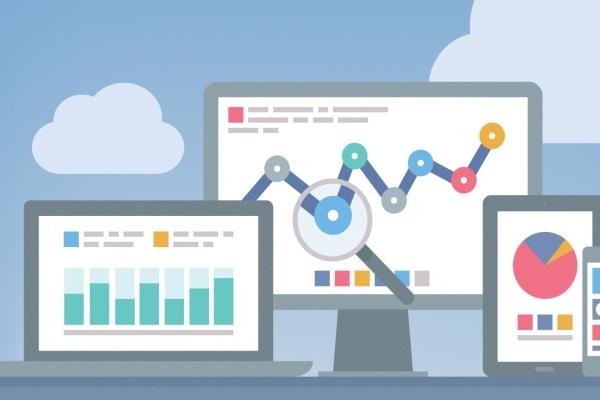Published on the 10/02/2016 | Written by Donovan Jackson

Power BI integration likely to get spreadsheet aficionados fired up…
Cloud software provider Xero has taken a step up the food chain with the announcement of an integration which gives users of the accounting software access to Microsoft’s Power BI. Xero is pitching it as ‘big data for small business’ as Power BI allows access and analysis of information from Xero and other sources – but probably the bigger deal is the growth of the ‘Xerosphere’ this development represents.
Announced in 2013, Power BI is described as ‘a set of business intelligence and self-serve data mining tools for Office 365’. Spreadsheet lovers everywhere – and we surmise there are a lot of those in the fields in which Xero plays – will be pleased to know that Power BI is closely tied to Excel. The ‘big data’ element comes from Power BI’s ability to access public and private data, including geospatial information from Microsoft’s Bing Maps.
In a statement, Xero CE, Rod Drury said the deal made smarter and more connected business tools ‘finally available to the small business sector’. He noted that the accounting industry runs on Microsoft Office, so integration with Power BI will give Xero users more ways to access and analyse information for decision support.
Xero’s chief product officer Angus Norton pumped the idea of big data for small business. “We understand that the true value of data lies in the ability to extract insights and the story it paints around the health of their business. Microsoft Power BI can be accessed with a click of the financial system of record in Xero and paired with data from other advanced inventory systems – to surface new insights, and give time back to our customers to focus on their customers.”
The statement said the analytics will create data visualisations of the most commonly tracked 25 small business metrics, including cash position, revenue vs. expenses, profit loss trend, debtor days and return on investment. It will also allow users to view Xero data alongside information from other commonly-used small business tools including Microsoft’s Dynamics CRM, Mailchimp, Salesforce, Google Analytics, Zendesk and Stripe.
With this announcement, Xero is arguably taking further steps towards becoming a ‘modular mini-ERP’ for small businesses. While Drury has previously made clear that accounting software isn’t the same thing as, say even SAP’s BusinessOne, the cloud accounting provider is likely to be nipping at the heels of other entry-level ERP providers as its ecosystem continues to expand.



























